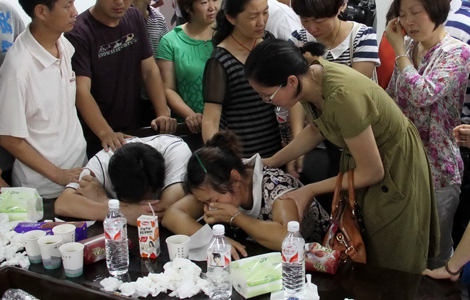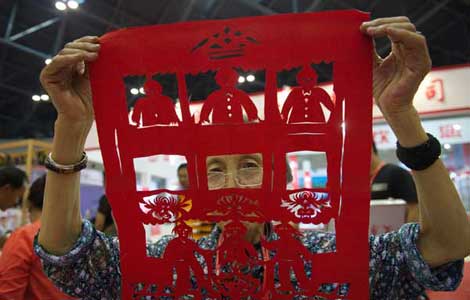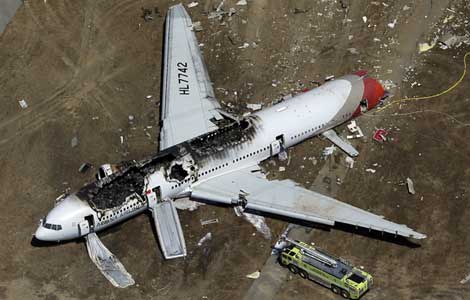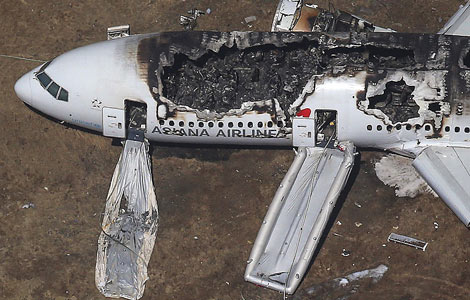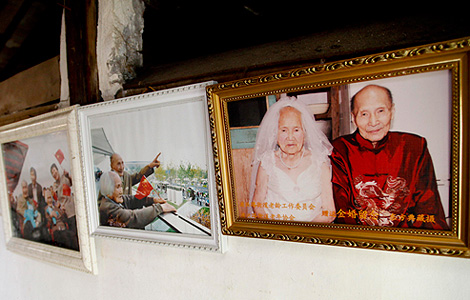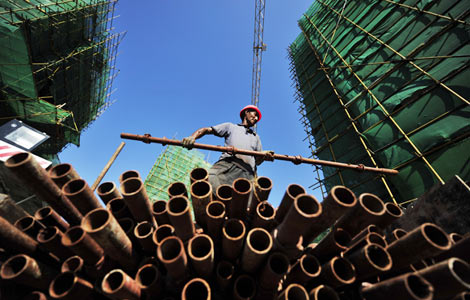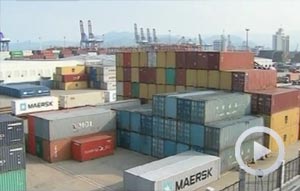Carrefour hit with another food scandal
Updated: 2013-07-05 17:35
By Wang Yu (chinadaily.com.cn)
|
||||||||
Carrefour is involved in yet another food safety scandal and this time it's over their juicy beef ball which apparently doesn't contain beef meat, China National Radio reported.
According to the national food production requirement, the juicy beef ball can be mixed with a certain amount of pork and lamb to boost its taste. However, as for the beef balls sold at the retailer's Lishuiqiao store in Beijing, the beef remains to be seen.
Carrefour said on Thursday it removed its beef ball products form shelves of all stores in Beijing, as an immediate reaction to resolve the scandal, while related products and suppliers will be investigated.
The beef ball safety problems are only limited to the Beijing area as other Carrefour stores in East China do not carry such products, according to a report of CBN Daily on Friday.
Prior to this incident, Carrefour had highly publicized that they had poured 5 million yuan into a food security testing lab in Shanghai to improve the quality of their products. The lab area consists of 200 square meters, and can detect 50 indicators in 65 categories per day, or 26,624 batches of food a year.
So with this is mind, why was Carrefour unable to detect its beef ball problems? In response, Carrefour said that the security testing lab mainly focuses on vegetables and fruits. They do not test packaged food products like beef balls and even if problems were detected the lab would primarily focus on whether harmful substances like formaldehyde (CH2O) had exceeded safety limits.
"Retail business is the market with the smallest profits, and normally cannot afford a security testing lab. Even though retail giant Carrefour has the ability to create a safety lab, only parts of indicators can be tested because just having one director can sometimes cost thousands of yuan," said a man surnamed Shen, a senior insider who works in retail. For now, supermarkets like Carrefour mainly depend on supplier licenses to identify whether their products meet the minimum standards.
However, licenses can only show that suppliers are legally registered. Even if suppliers use shoddy products in place of quality food, it's practically impossible for retailers to identify any problems which may exist upon delivery.
Many suppliers mix shoddy products with quality goods in order to maximize profits, as profit margins have been declining in recent years, the CBN Daily report said.
"Due to rent and labor costs increasing sharply, the profit margin of retailers is greatly decreasing, so many supermarkets have started to increase their charges. Carrefour is a prominent example. For many retailers, 50 percent of their profits depend on charging fees from suppliers instead of sales," said Shen.
"I have to pay supermarkets millions of yuan in various kinds of fees every year and sometimes they delay due payments. Suppliers cannot make a profit, so some of them adulterate the commercial quality," said one supplier who has been working with Carrefour and Wal-Mart for a long time.
"In fact, the managers of supermarkets know the inside story as well, but they choose to relax quality control over sales income," the supplier added.
Most Viewed
Editor's Picks

|

|

|

|

|

|
Today's Top News
Boeing 777 passenger 'mumbled a prayer'
Ex-minister gets suspended death
Workers return after dispute
Job seekers should be cautious abroad
River pollution sparks criticism
Terror attack was planned: suspect
Booming security industry needs skilled youth
A bright future for native black pigs?
US Weekly

|

|
